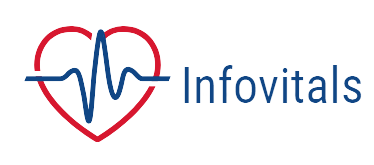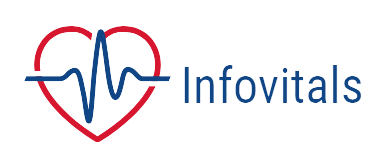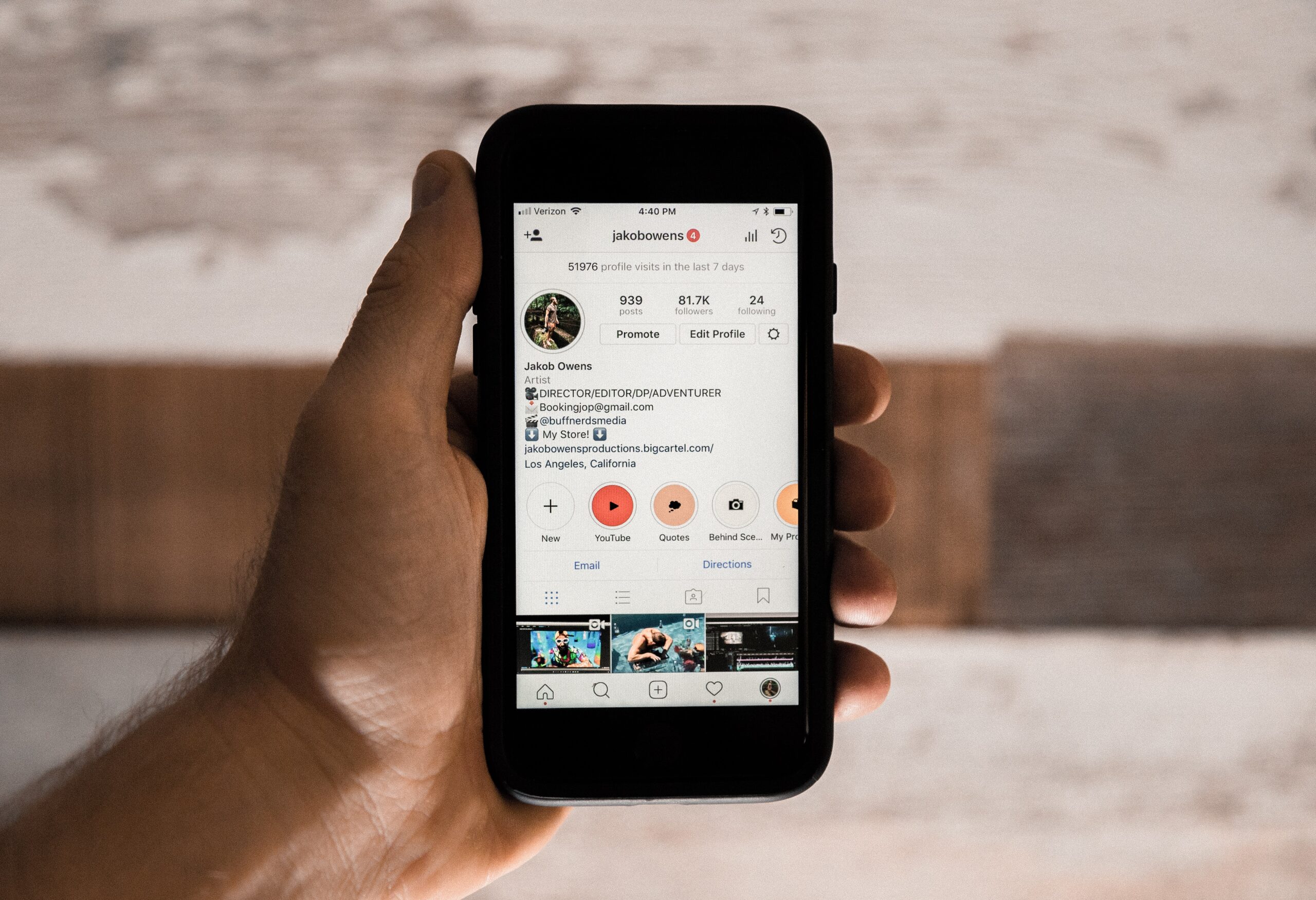Anxiety attacks can be overwhelming and distressing, but with the right coping strategies, you can navigate through them more effectively. It’s important to note that these tips are not a substitute for professional advice, and individuals experiencing severe or persistent anxiety should seek guidance from a mental health professional. However, for those looking for practical ways to cope with anxiety attacks, the following tips may offer some relief.
Tips for Managing Anxiety Attacks

- Deep Breathing Techniques
One of the most immediate and effective ways to manage anxiety is through controlled deep breathing. During an anxiety attack, your breath may become shallow and rapid, contributing to feelings of panic. Try inhaling slowly for a count of four, holding your breath for four counts, and then exhaling for four counts. This can help regulate your breathing and promote a sense of calm.
- Mindfulness and Grounding Exercises
Practicing mindfulness and grounding techniques can help anchor you in the present moment, diverting your attention away from anxious thoughts. Focus on your senses by naming five things you can see, four things you can touch, three things you can hear, two things you can smell, and one thing you can taste. This simple exercise can bring your attention back to the current environment and break the cycle of anxiety.
- Positive Affirmations
Create a list of positive affirmations to recite during moments of anxiety. Affirmations are positive statements that challenge negative or unhelpful thoughts. Repeat phrases like “I am in control of my thoughts,” “This feeling will pass,” or “I am stronger than my anxiety.” Consistent use of affirmations can reframe your mindset and build resilience against anxiety.
- Identify Triggers and Patterns
Understanding the triggers and patterns that contribute to your anxiety attacks can be empowering. Keep a journal to track your emotions, activities, and surroundings when an anxiety attack occurs. Over time, you may notice patterns that can help you identify specific triggers. This self-awareness is a crucial step in developing strategies to manage and prevent future attacks.
- Build a Support System
Share your experiences with trusted friends, family members, or a mental health professional. Having a support system can provide comfort and assistance during difficult times. Communicate your needs and let them know how they can support you. Sometimes, expressing your feelings and knowing that someone is there to listen can alleviate anxiety.
- Progressive Muscle Relaxation
Progressive muscle relaxation involves tensing and then releasing different muscle groups to reduce physical tension associated with anxiety. Start with your toes and work your way up to your head, tensing and then relaxing each muscle group for a few seconds. This technique can help you become more aware of physical sensations and promote overall relaxation.
- Establish a Routine
Maintain a regular daily routine to provide structure and stability. A consistent schedule for sleep, meals, and activities can help regulate your body and mind, reducing the likelihood of anxiety. Predictability can create a sense of control, which is especially important during times of heightened stress.
Conclusion
While these tips can be helpful in managing anxiety attacks, it’s crucial to recognize when professional help is needed. If anxiety attacks are frequent, severe, or interfering with your daily life, consider seeking guidance from a mental health professional. They can provide personalized strategies and support to help you navigate through anxiety and work towards long-term well-being. Remember, you are not alone, and there is help available.
Related posts:
10 Essential Yoga Poses for Beginners
Stress Management Techniques for Employees
Embracing Calm: Practical Anxiety Relief Tips for a Serene Mind
Mastering the Work-Life Balancing Act: Stress Management Techniques for Employees










Leave a Reply